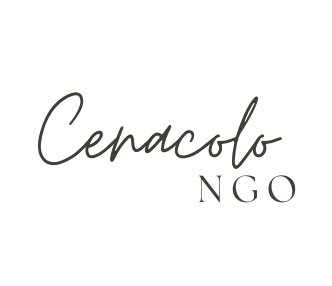Interview with Leemadla
(photo by Il Cenacolo)
Stories of Tindouf’s victims
Since we believe that witnessing is the only method to give substance to words, we have the opportunity and the honour to interview one of the many Tindouf’s victims.
Here we have Leemadla; she has granted us the favour of sharing with us her oldest and most tragic memories.
Let’s start with you, Leemadla: You were born and raised in Tindouf’s camps. You were deprived of the possibility to have a peaceful childhood since your father was kidnapped and killed by the Polisario before you were born. Would you mind telling us your tragic story? Good evening.
My name is Leemadla and I am 44years old. I was born in Tindouf’s camp and that’s where I lived since 2001, when I fled to Spain.
I am a victim of the Polisario’s regime because they kidnapped and killed my father while my mother was pregnant with me.
It was 1977 when my father was taken away from his loved one; they never admitted what they were actually doing. All they said was that my father would have joined the voluntary army. As many others… I grew up without the warmth of a paternal figure and when I saw other children, for example, being taken to school by both parents… Well, I couldn’t help myself from asking my mother where my dad was. At that time I was only a child, but now, as a mother, I can imagine what kind of visceral pain she was feeling inside, every time she reassured me that dad was fighting as many other dads. In fact she didn’t really know where he was. Nobody knew it. In Tindouf censorship was the order of the day.
Years went by and I realised that I was living in a world where basic human rights were not being respected. I also realised that my father died in indifference and silence; this fact gave me the strength to go away to make the difference.
Is there a responsable that allows these violations and abuses?
Polisario is not a UN-recognized country yet and, if it were to act alone, it wouldn’t have the means to do so.
The real actor behind these crimes is Algeria’s government since Tindouf is in its soil.
It should be a problem for Algeria to ensure that human rights are respected, fundamental rights as life.
No one will give me back my father.
But I will fight for the mere assumption to save the neighbour from what I suffered.
You are a strong and determined woman.
Could you tell us what are you doing nowadays to raise awareness of what is going on in these camps?
As I said before, in 2001 I fled to Spain because I felt the urge to tell the world my story and I needed a country where it was legal. I fought for my rights: I obtained Spanish citizenship and I founded my own association. Today we hear from and try to disseminate the testimonies of the victims who would otherwise be silenced.

